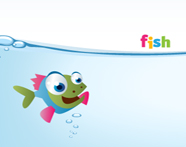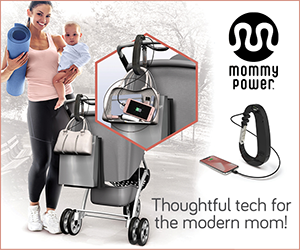My Own Baby Signing Story

Like many parents who sign with their baby, my initial motivation for teaching my son American Sign Language (ASL) vocabulary was to give him a way to express his wants and needs before he was able to speak. Joshua started signing at nine months of age, and by the time he was 18 months old, he could use at least 80 words, a combination of spoken words and signs. He was able to communicate his needs and wants. He could request a cookie by signing COOKIE. He could ask for more fruit cocktail by signing FRUIT. He could even ask to have the family minivan cooled down in the middle of a heat wave by pointing to the dashboard and signing COLD WIND — a better phrase, really, than air conditioner! Joshua’s ability to make clear requests using signs delighted my husband and me.
What truly impressed us, though, was Joshua’s ability to comment on his world and share his experiences with us. I have a clear memory of one cloudy, chilly, windy, miserable spring day when I took Joshua for a walk and he was able to sign about the weather. We were walking along the streets in a new housing development — no houses up, but the streets were paved with nothing to block the wind. It was cold! I just wanted to get our walk over with and go home. What brought me back to the moment was when Joshua pulled on my jacket and signed
WIND. A few seconds later, he signed CLOUD. He was marveling at the weather — not simply making a request, but sharing a moment with me. I could tell from his face that it was a remarkable experience for him as well.
I am often asked why I started signing with my children. Before having children, I worked with the Toronto Preschool Speech and Language Services. Alongside speechlanguage pathologists and other professionals, I worked with children with Down syndrome, autism, and other developmental delays. These children had difficulty communicating, and we used sign language and pictures to help facilitate their language development. Our therapy included helping parents learn to use sign language and pictures with their children.
Because of my work, I knew the benefits of using ASL with children who are non-verbal or beginning communicators. Together, we learned to sign songs and nursery rhymes. After years of working with this population, I could not sing “Itsy Bitsy Spider” or “Row, Row Your Boat” without signing them.
Because of my work experience, I knew I wanted to sign with my own children. I recognized that if they had an alternative way to communicate before speech developed, I would know what they were thinking, they would present fewer challenging behaviors, and we would just plain have fun. When my son signed FISH at nine months, I was thrilled. My husband laughed at me and said, “Sara, why are you so excited? You’ve been teaching others to do this for years!” Quite simply, it is thrilling to see your own children communicate clearly at such an early age.
I am still amazed at what my children have been able to share with us and continue to share with us. At home, we still sign (including fingerspelling) and continue to learn more signs and more ways to use them. Because of this, on a cold January afternoon, I was able to knock on my patio window and sign, NO, STOP! SHOVEL DOWN to my children as they were trying to bury our dog in the snow.
An excerpt with permission from Robert Rose Publishing from The Baby Signing Book by Sara Bingham, copyright 2007. To learn more about the author and WeeHands visit http://www.weehands.com



